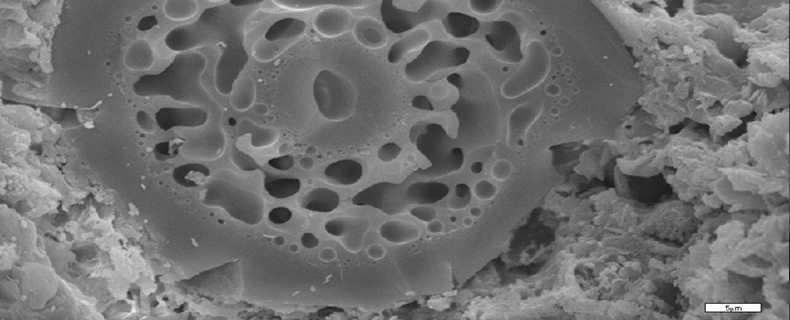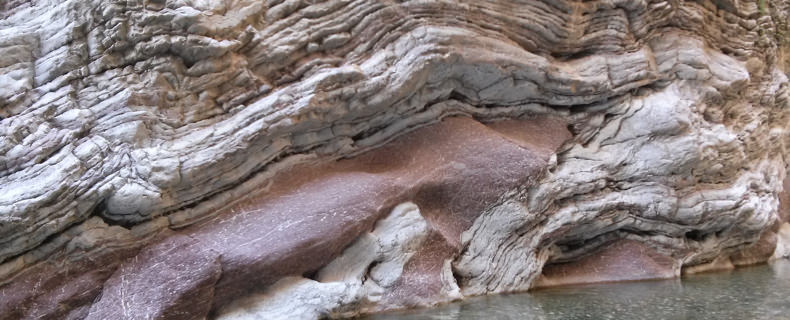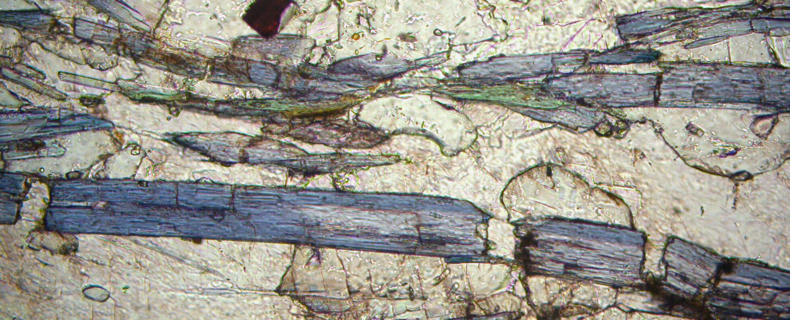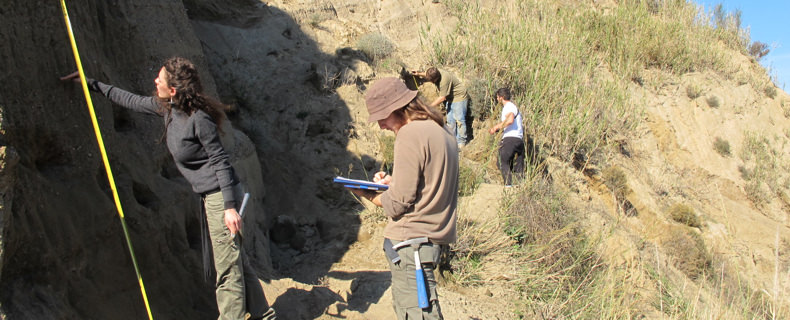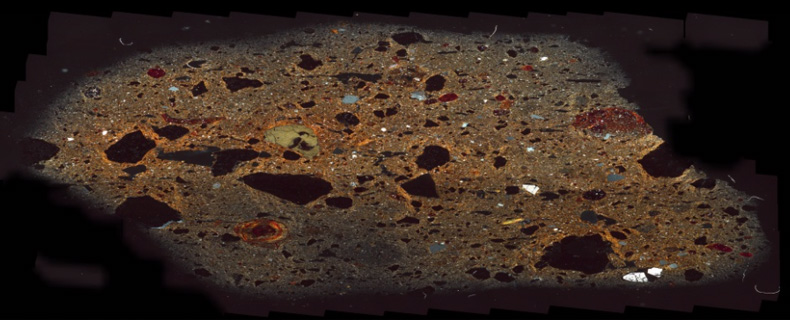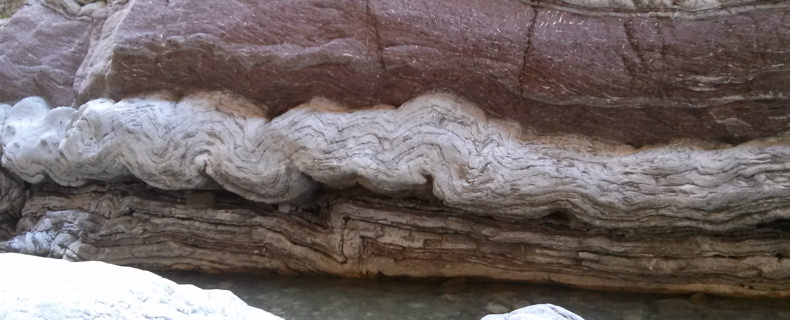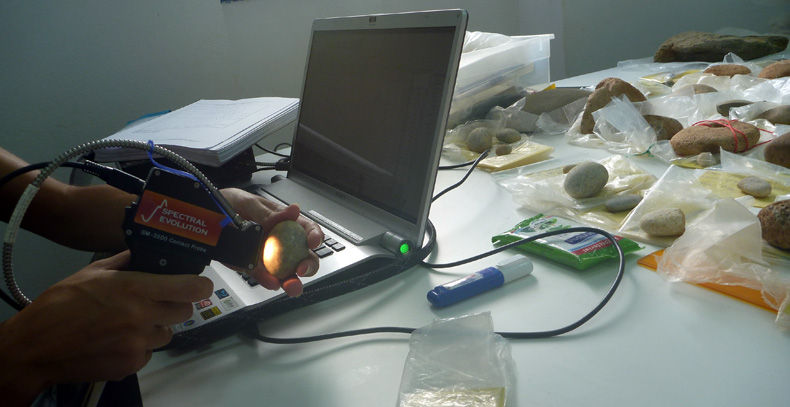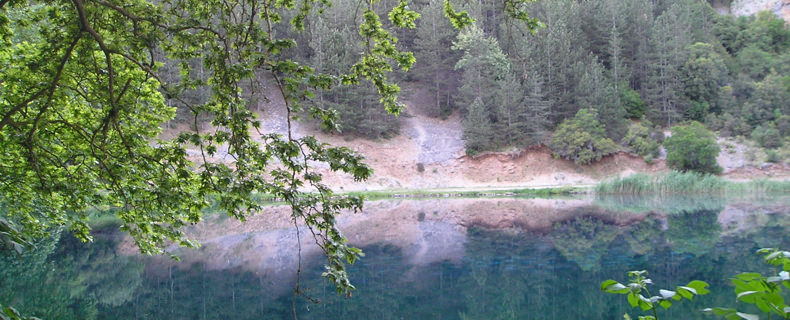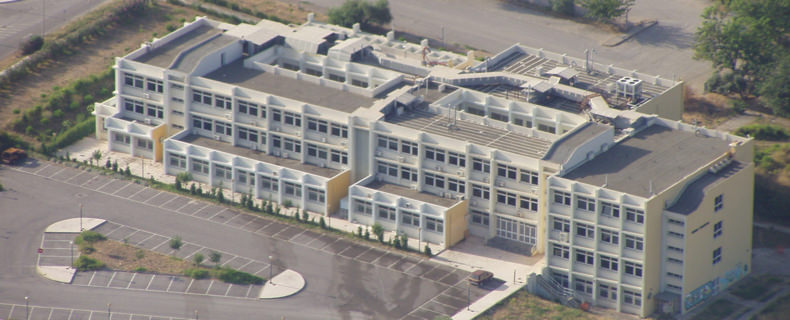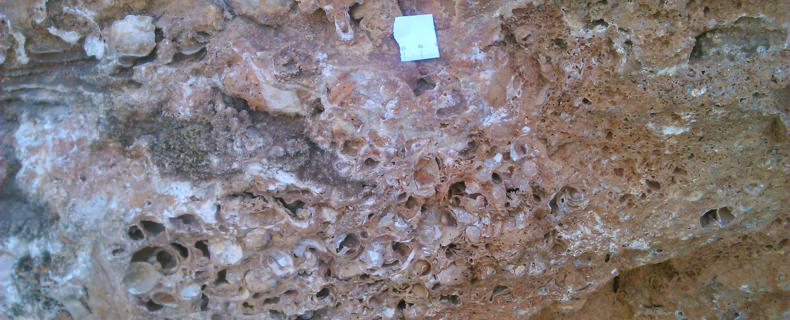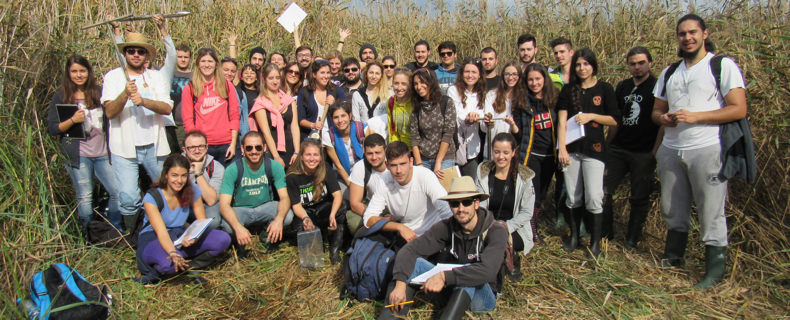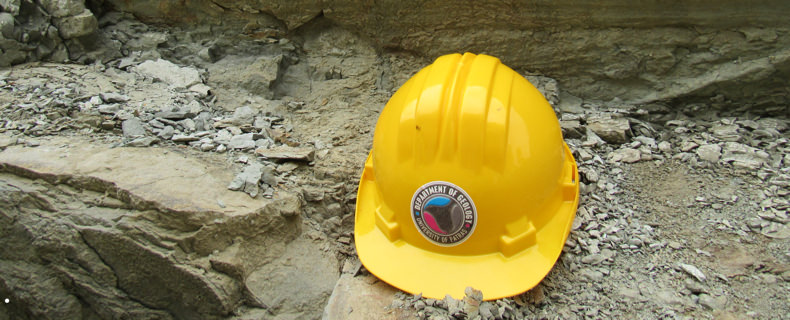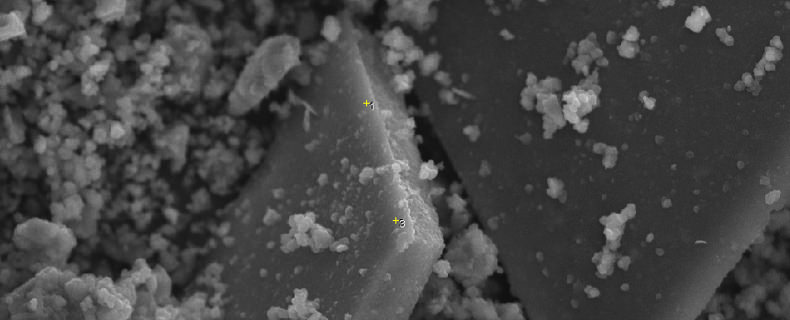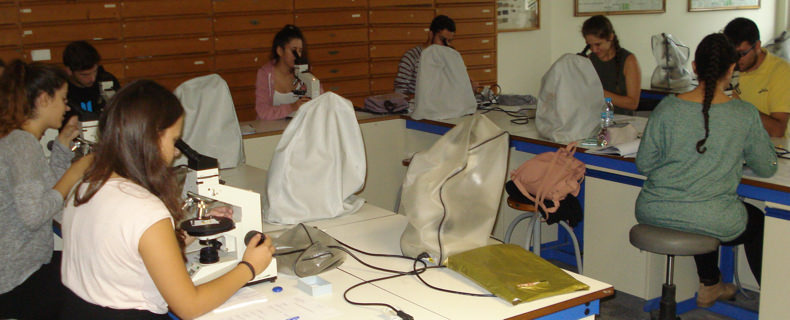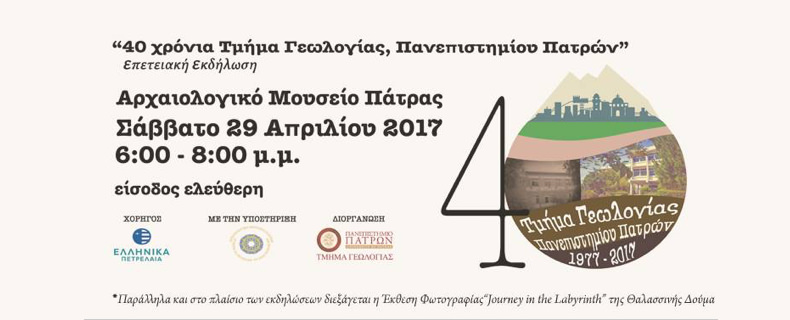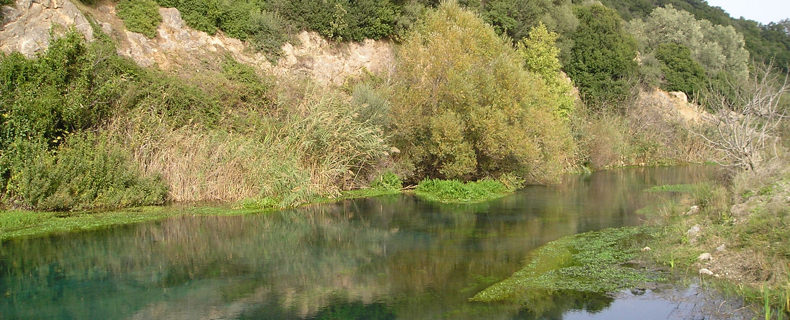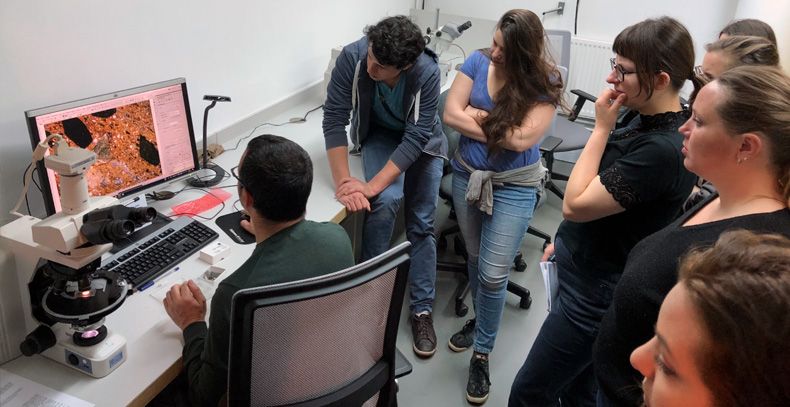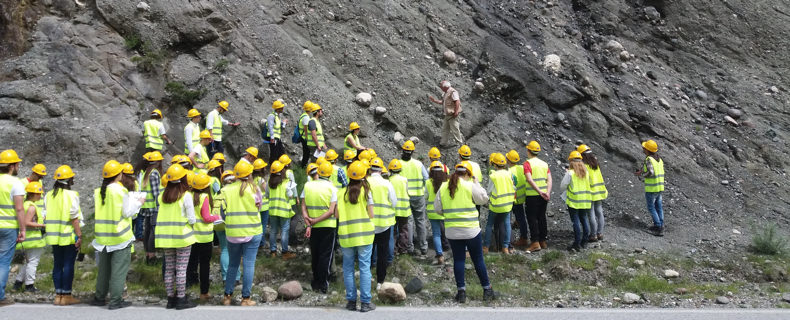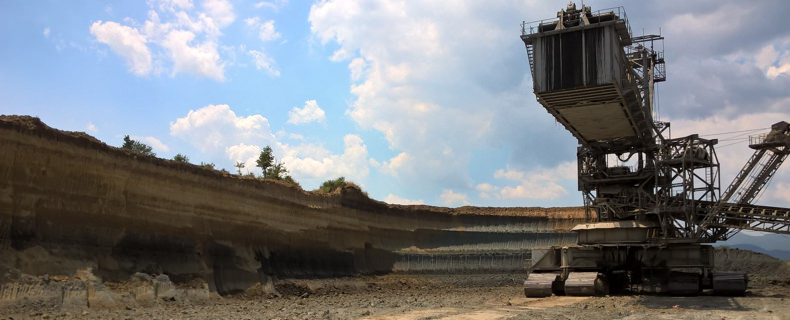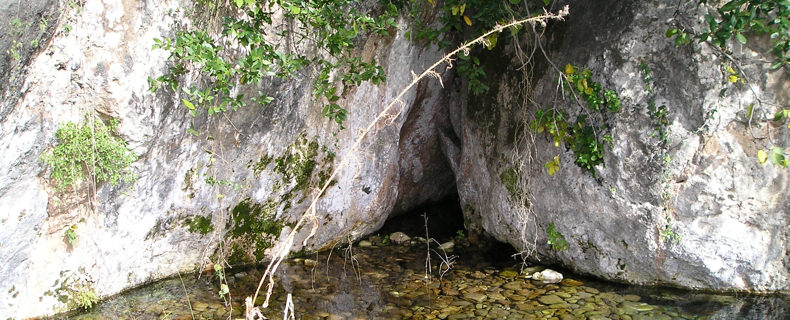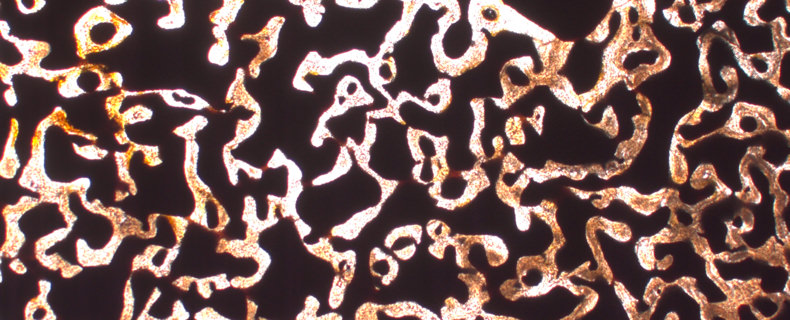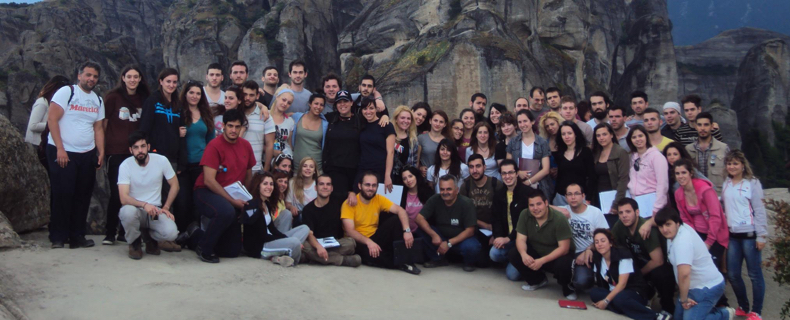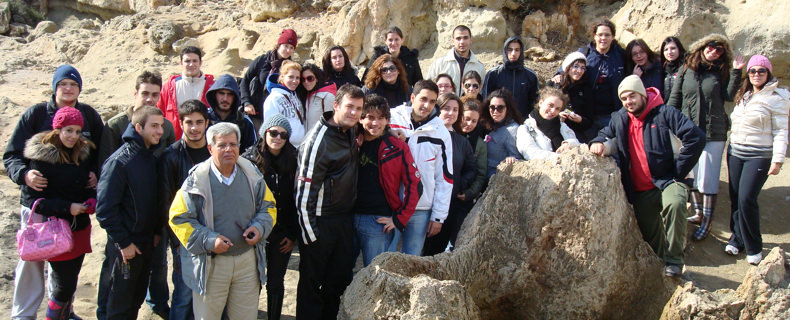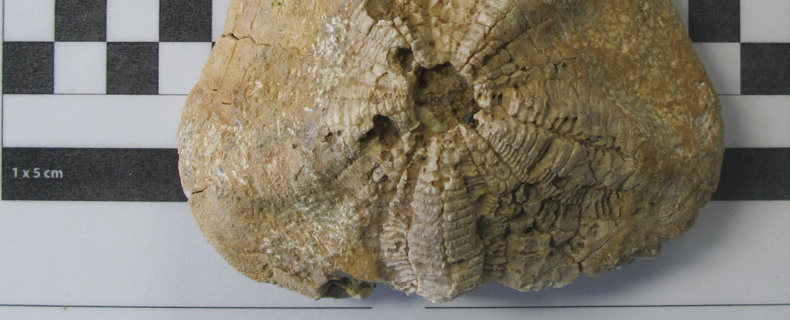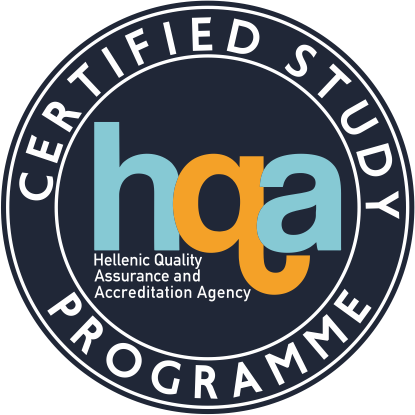| School | Natural Sciences | ||||||||||
| Academic Unit |
Geology Department | ||||||||||
| Level of Studies |
Undergraduate | ||||||||||
| Course Code |
Geol_017 | ||||||||||
| Εξάμηνο σπουδών | 2ο | ||||||||||
| Course Title |
Basic Computer Applications in Geology | ||||||||||
| Independent Teaching Activities |
Lectures and laboratory work | ||||||||||
| Weekly Teaching Hours |
1 (Lect.) +2 (lab.) | ||||||||||
| Credits | 3 | ||||||||||
| Course Type |
Basic General knowledge | ||||||||||
| Prerequisite Courses |
No | ||||||||||
| Language of Instruction & Examinations |
Greek. Teaching may be however performed in English in case foreign students attend the course | ||||||||||
| Is the Course offered to Erasmus Students |
Yes | ||||||||||
| Course Web-Page (URL) | |||||||||||
| Learning Outcomes |
The aim of the course is to acquire the basic knowledge on widely-used software, which are essential tools for studying geosciences. | ||||||||||
| General Competences |
|
||||||||||
| Syllabus |
The course content includes the following chapters: Spreadsheets of the MS-Office
Software for two-dimensional plots
Software for three-dimensional plots
Software for the spatial variation of geological parameters
Software for processing XRD data
Matlab software, basic applications
|
||||||||||
| Delivery |
|
||||||||||
| Use of Information & Communication Technology |
Use of e-class platform including all the lectures and lab exercises in digital format. Seminars will be given in the department’s computer center for the application of suitable software on lab exercise solution. | ||||||||||
| Teaching Methods |
|
||||||||||
| Student Performance Evaluation |
Ι. Theory (50% of the final mark) Final Exam, written, of increasing difficulty, which may include multiple choice test, questions of brief answer, questions to develop a topic, judgment questions and exercise solving. Students are obliged to attend all scheduled laboratory classes and to deliver all the laboratory exercises, during the semester in order to be able to participate to the final exams. Marking Scale: 0-10. Minimum Passing Mark: 5. ΙΙ. Laboratory(50% of the final mark) Oral Examination. Students are obliged to attend all laboratory classes and to deliver the results of all exercises. Percentages are valid t only when the student secures the minimum mark of 5 in the final written examination Greek grading scale: 1 to 10. Minimum passing grade: 5. Grades <3 correspond to ECTS grade F. Grade 4 corresponds to ECTS grade FX. For the passing grades the following correspondence normally holds: 5 <-> E, 6 <-> D, 7 <-> C, 8 <-> Β and >9 <-> A |
||||||||||
| Attached Bibliography |
Suggested bibliography: Notes and software manuals |


